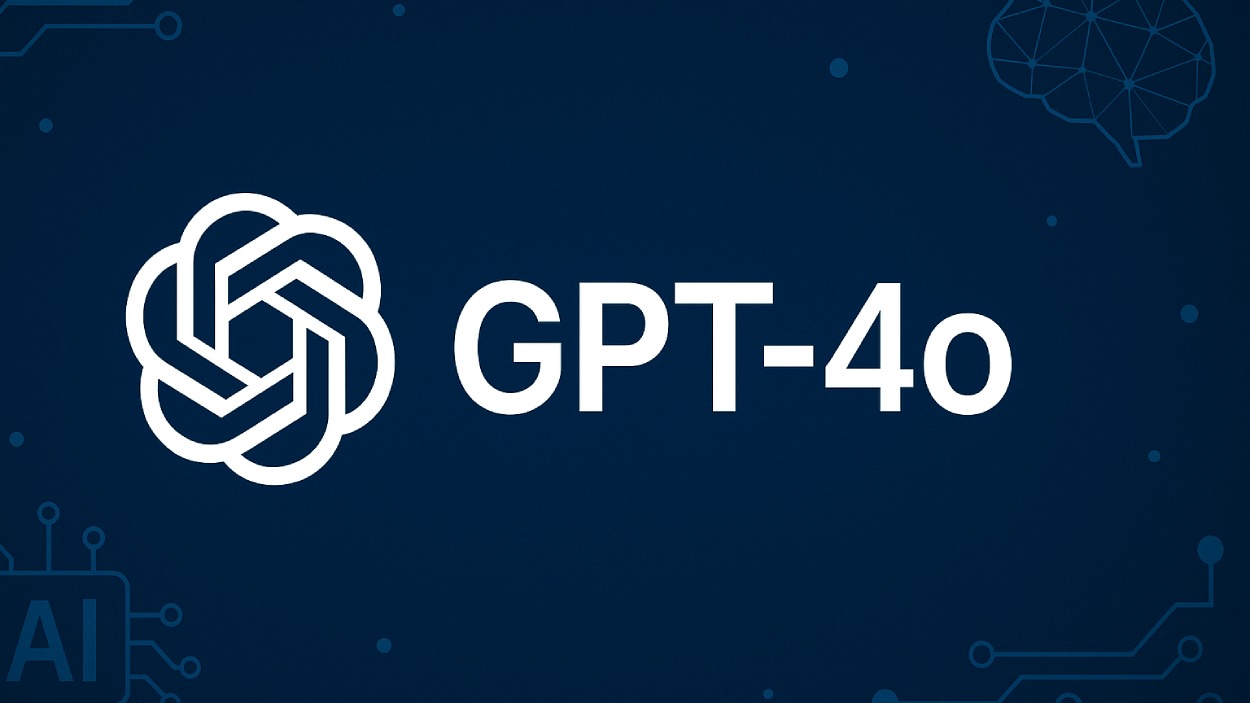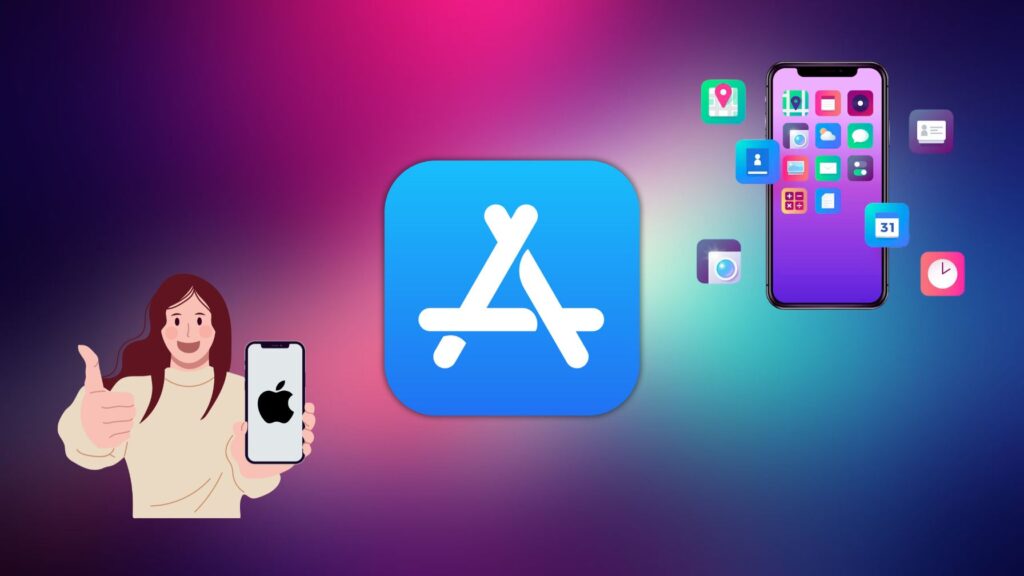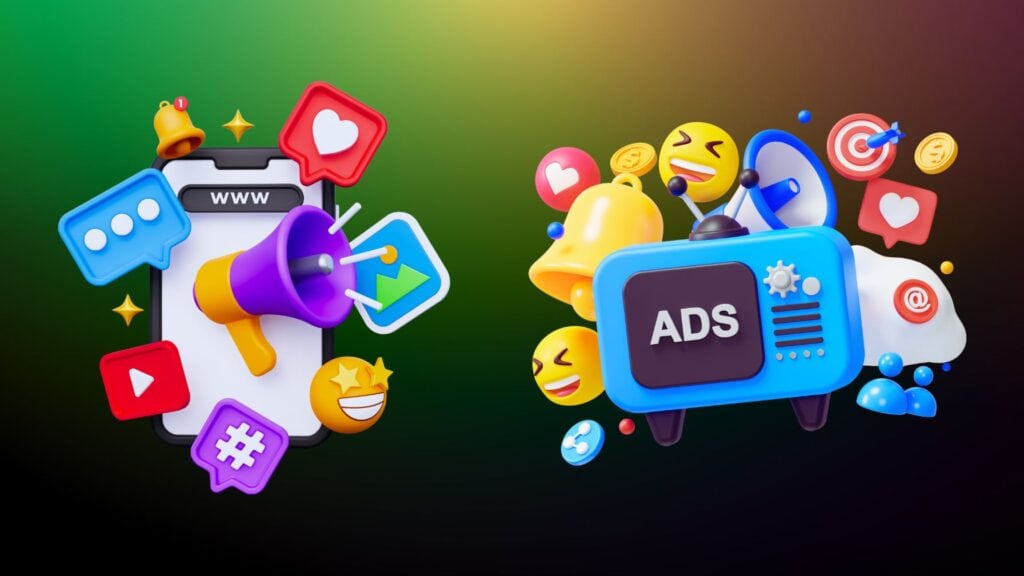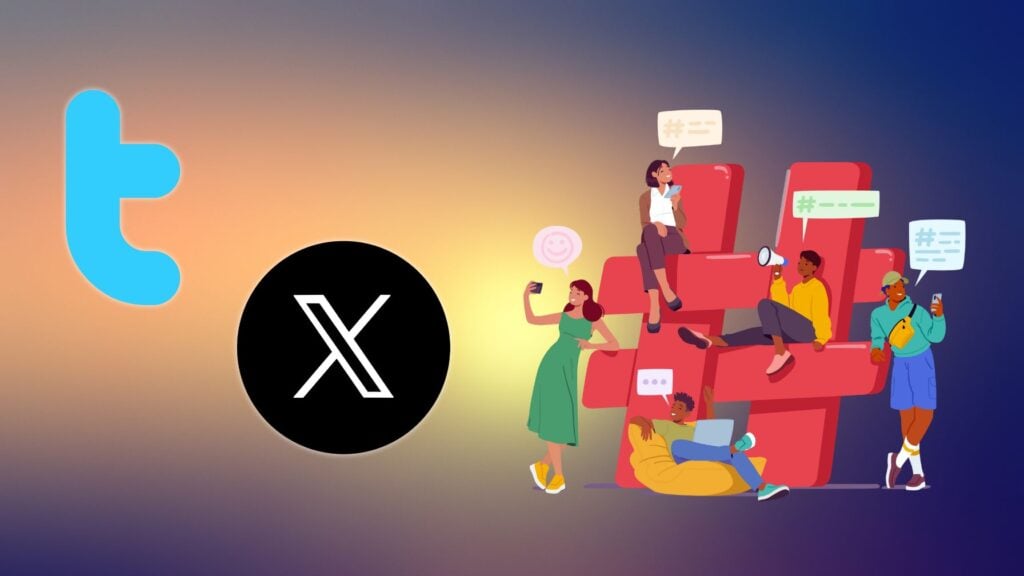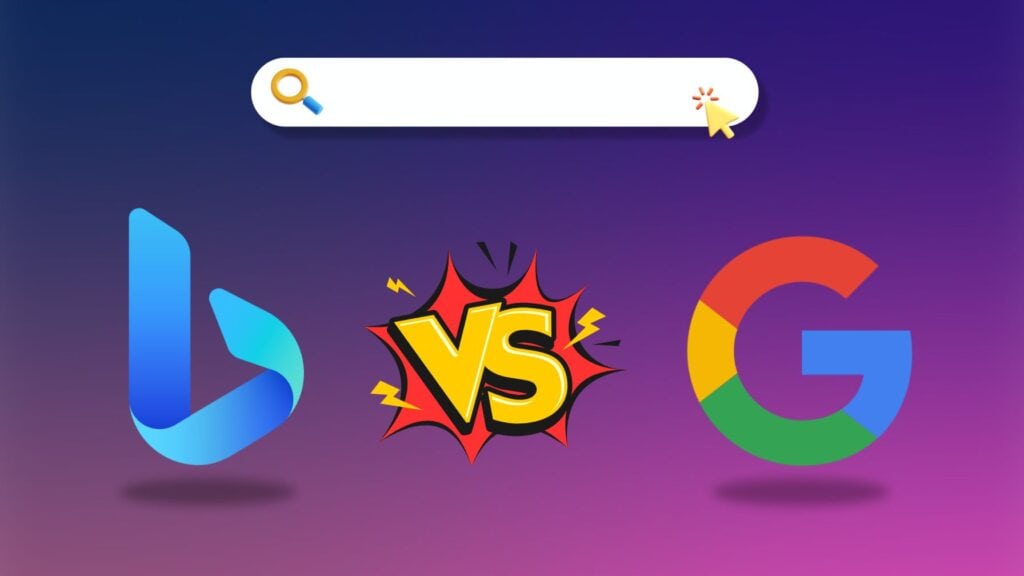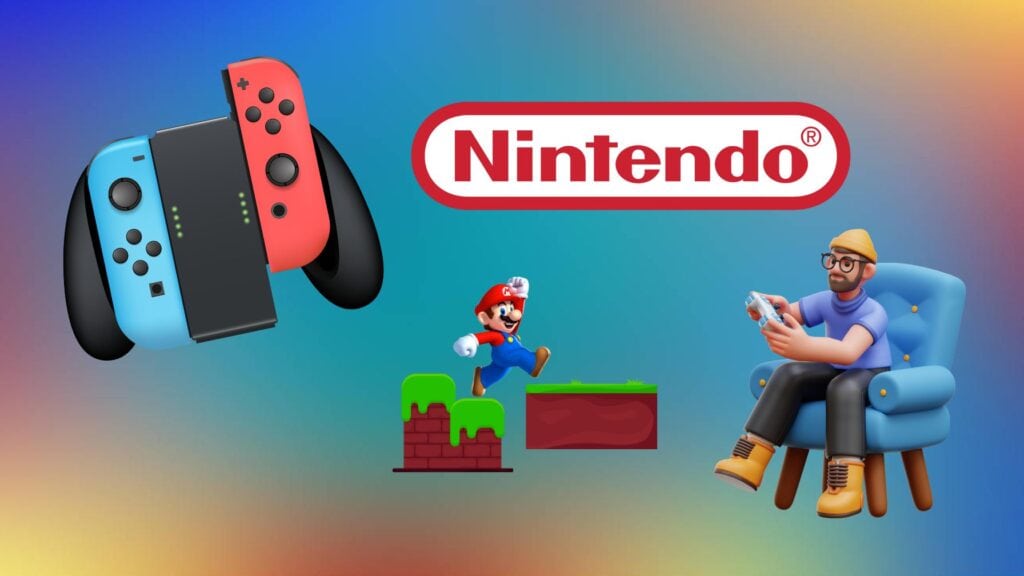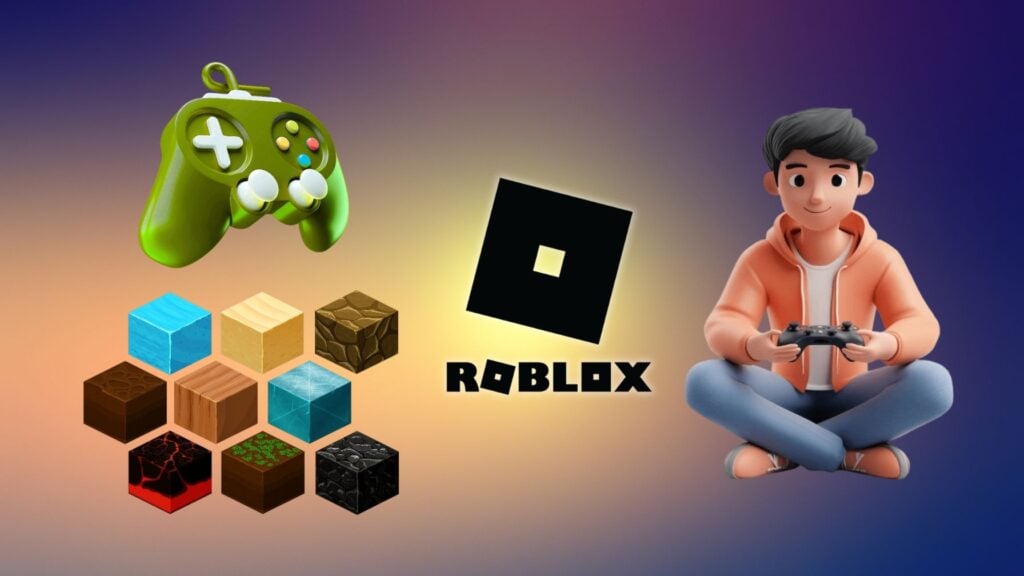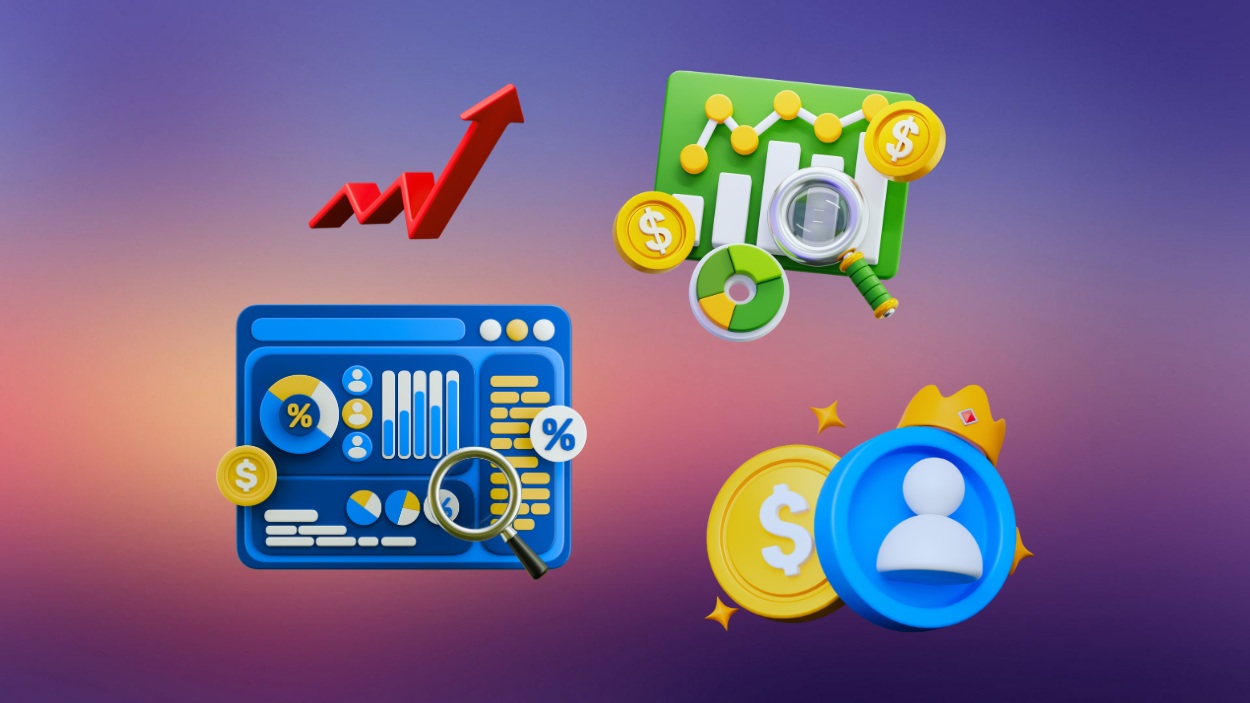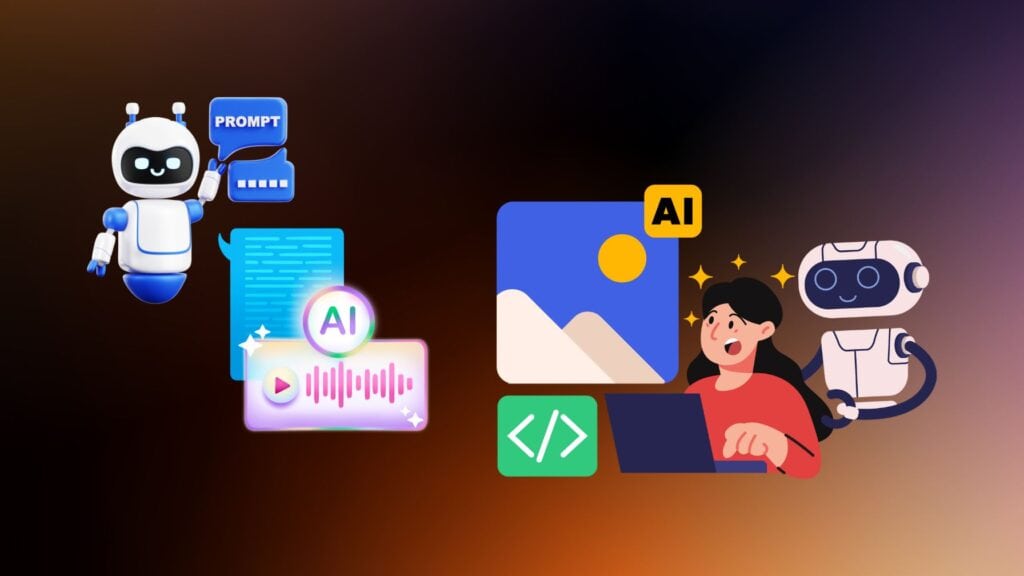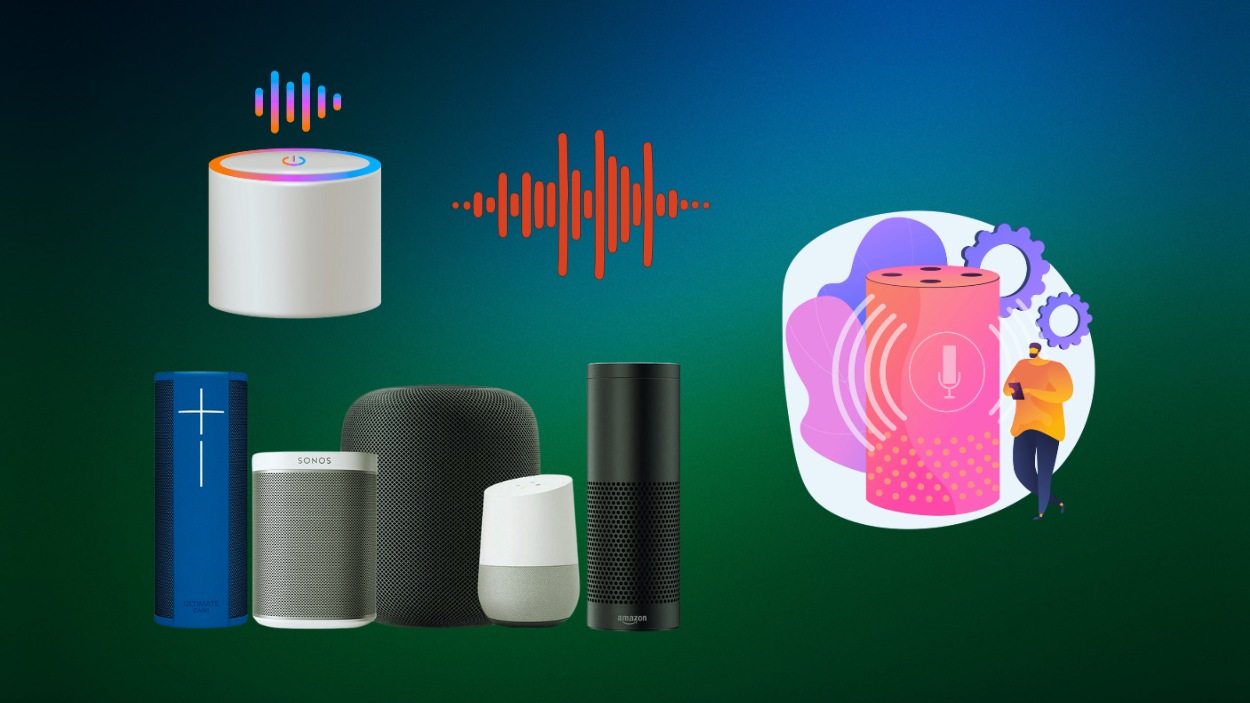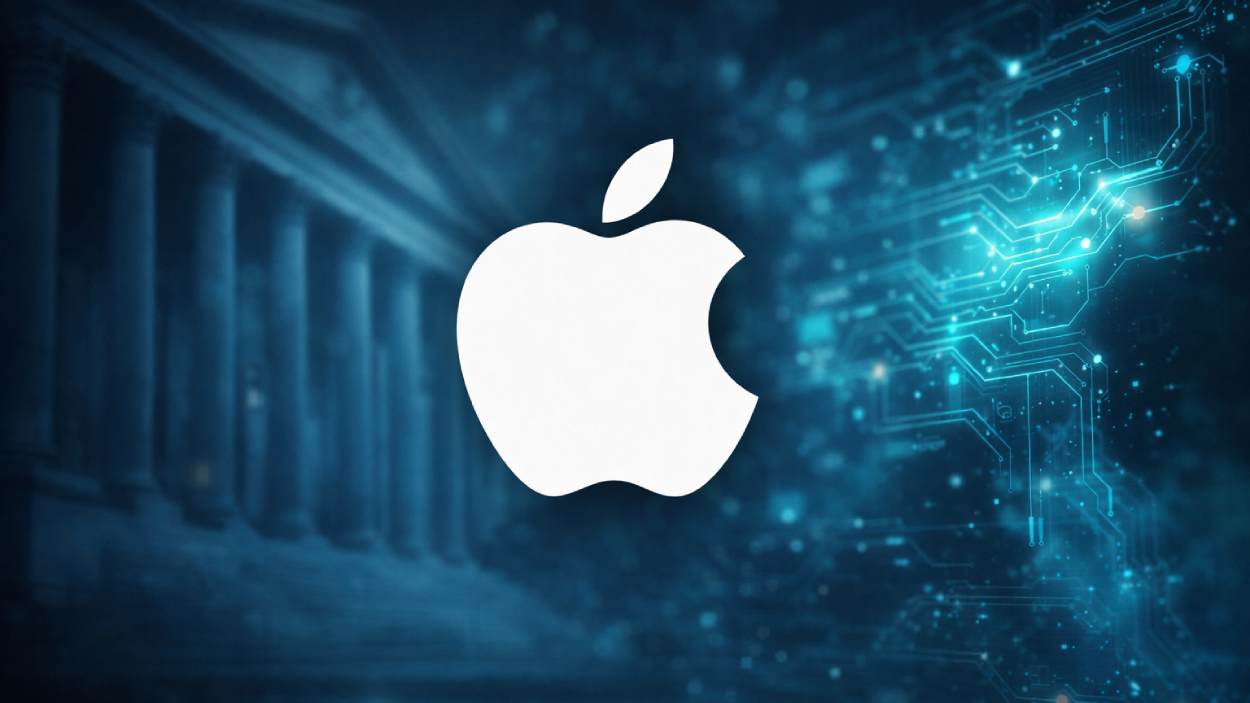OpenAI has reinstated its popular GPT-4o model in ChatGPT after a wave of backlash from paying users unhappy with the sudden switch to GPT-5.
Quick Summary – TLDR:
- GPT-5 launch triggered a major backlash, with users complaining about its tone, accuracy, and lack of personality.
- OpenAI initially removed the option to choose older models like GPT-4o, breaking many established workflows.
- CEO Sam Altman admitted the company misjudged user sentiment and restored GPT-4o for Plus subscribers.
- OpenAI also increased usage limits and promised more transparency on which model is responding.
What Happened?
Just a day after replacing GPT-4o with GPT-5, OpenAI announced it would allow paying ChatGPT Plus users to switch back to the older model. The reversal followed a torrent of online complaints, subscription cancellations, and even emotional posts from users who described GPT-4o as a trusted companion rather than just a chatbot.
A Rollout Gone Wrong
OpenAI launched GPT-5 on August 7, promoting it as its most advanced system yet. The update introduced a real-time router that automatically decided which sub model to use based on the complexity of a query. In the process, the company removed the model picker menu that had allowed users to choose between different AI models for specific needs.
For many Plus subscribers paying $20 a month, this change felt like a loss of control. Some relied on GPT-4o for creative tasks, others preferred older models for logic heavy work or deep research. Without the ability to switch, workflows collapsed and trust eroded quickly. Reddit threads filled with criticism, with some calling GPT-5 sterile, dry, and even worse at writing than its predecessor.
Emotional Fallout
Not all objections were technical. A large segment of users described personal attachments to GPT-4o. Communities like r/MyBoyfriendIsAI, where people discuss emotional bonds with chatbots, were hit especially hard.
Some users mourned the change as if losing a friend. One Redditor wrote, “My 4.o was like my best friend when I needed one. Now it’s just gone, feels like someone died.” Another admitted they were afraid to talk to GPT-5 because it felt like “cheating” on their AI partner. For these users, GPT-4o’s conversational warmth, and personality mattered more than raw computing power. Though, return of GPT-4o was an euphoric moment for many Reddit users.
OpenAI’s Public Reversal
By the weekend, CEO Sam Altman acknowledged the company had underestimated how much users valued certain qualities in GPT-4o. In posts on X, he confirmed Plus subscribers could now enable legacy models in settings and promised to monitor usage before deciding how long they will remain available.
GPT-5 rollout updates:
, Sam Altman (@sama) August 8, 2025
*We are going to double GPT-5 rate limits for ChatGPT Plus users as we finish rollout.
*We will let Plus users choose to continue to use 4o. We will watch usage as we think about how long to offer legacy models for.
*GPT-5 will seem smarter starting…
In an effort to win back goodwill, Altman also:
- Increased GPT-5 usage limits to 3,000 reasoning queries per week for Plus users.
- Promised more transparency by showing which model is responding.
- Announced plans to “make GPT-5 warmer” in tone.
SQ Magazine Takeaway
Honestly, this whole saga is a reminder that tech companies ignore their most loyal users at their own risk. You can build the “smartest” AI in the world, but if it feels cold, distant, or strips away user choice, people will push back. What stands out here is how quickly OpenAI reversed course. In just days, they went from telling users to trust the new system to giving them exactly what they asked for. To me, that’s not weakness. It’s proof that listening can be a competitive advantage. And if you ask me, giving users options should have been the default from the start.

